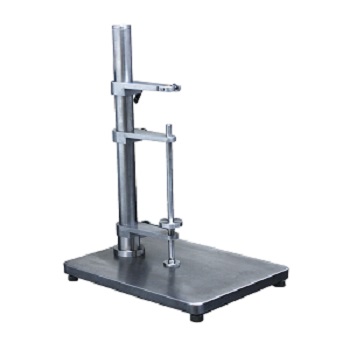What is a precision thickness gauge?
The precision thickness gauge is a measuring instrument used to determine the thickness or gauge of various materials with high accuracy and precision. It is commonly used in industries such as manufacturing, quality control, and research and development. Here are some key features and functionalities of a precision thickness gauge:
1. Accurate Measurement: A precision thickness gauge provides highly accurate and precise measurements of material thickness. It is designed to detect even small variations in thickness, allowing for precise evaluation and quality control.

2. Measurement Range: The gauge typically has a specified measurement range within which it can accurately measure the thickness of materials. The range can vary depending on the specific model and manufacturer, and it is important to select a gauge with a range suitable for the intended application.
3. Contact or Non-Contact Measurement: Precision thickness gauges can employ different measurement techniques. Some gauges use contact-based methods, where a probe or sensor is brought into contact with the material to measure its thickness. Other gauges use non-contact methods, such as laser or optical technology, to measure thickness without physically touching the material.
4. Display and Readout: The gauge usually features a digital display that shows the measured thickness value. The display may include additional information, such as units of measurement, statistical data, or measurement history.
5. Calibration and Zeroing: Precision thickness gauges often have calibration and zeroing capabilities. Calibration ensures that the measurements are accurate and traceable to recognized standards. Zeroing allows the gauge to be set to a reference point or baseline to compensate for variations and provide relative measurements.
6. Multiple Measurement Modes: Some precision thickness gauges offer multiple measurement modes to accommodate different types of materials or measurement requirements. For example, they may have modes for single-point measurement, continuous measurement, or averaging measurements over a specific area.
7. Data Recording and Analysis: Advanced precision thickness gauges may have built-in data recording capabilities, allowing measurements to be stored and analyzed. This can include features such as data logging, data transfer to a computer or external device, and statistical analysis of measurement data.
8. Materials Compatibility: Precision thickness gauges can be used with a wide range of materials, including metals, plastics, films, papers, textiles, and more. The gauge's design and measurement technique may be optimized for specific material types or thickness ranges.
It's important to follow the manufacturer's instructions and guidelines for proper use and maintenance of the precision thickness gauge to ensure accurate and reliable measurements.

